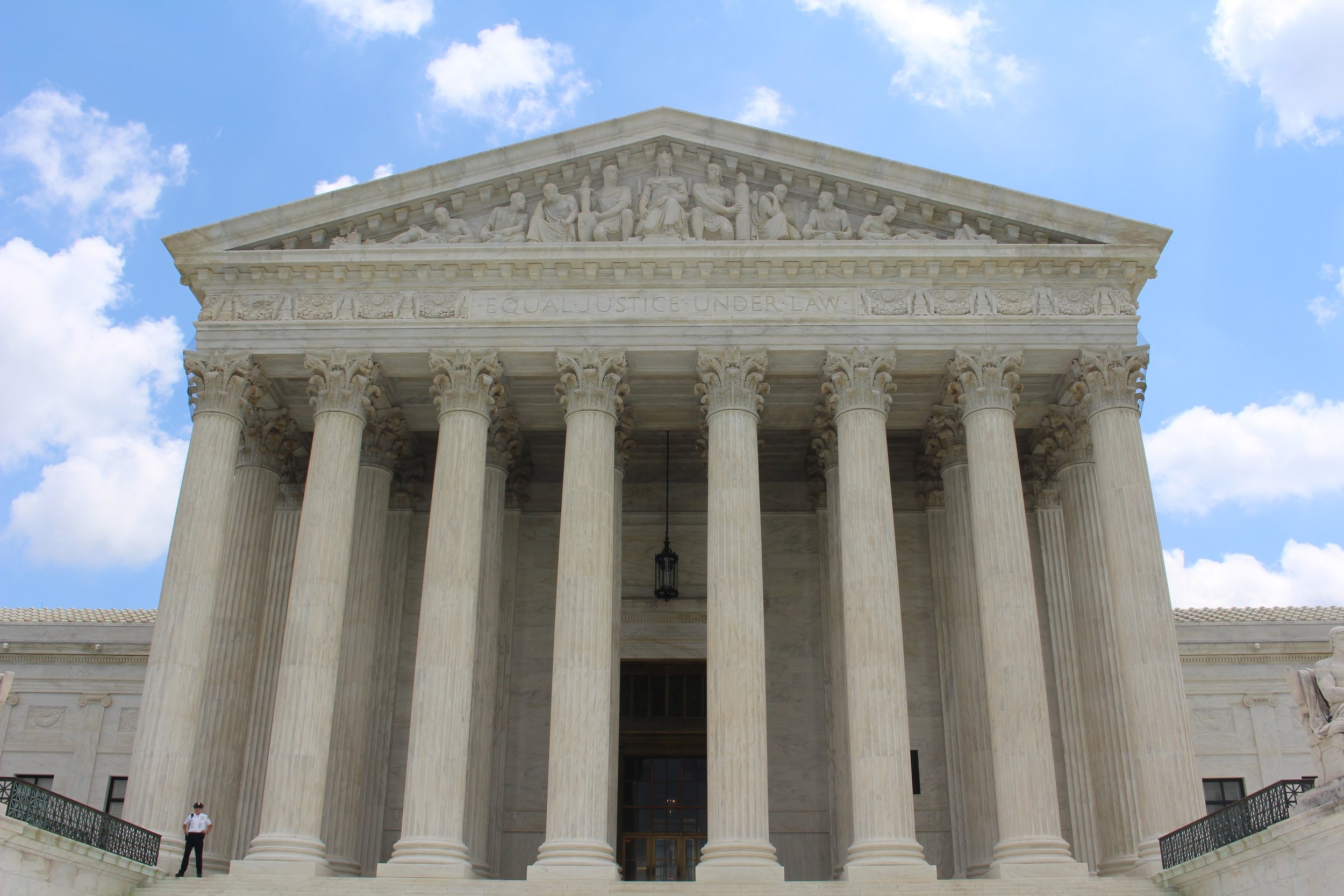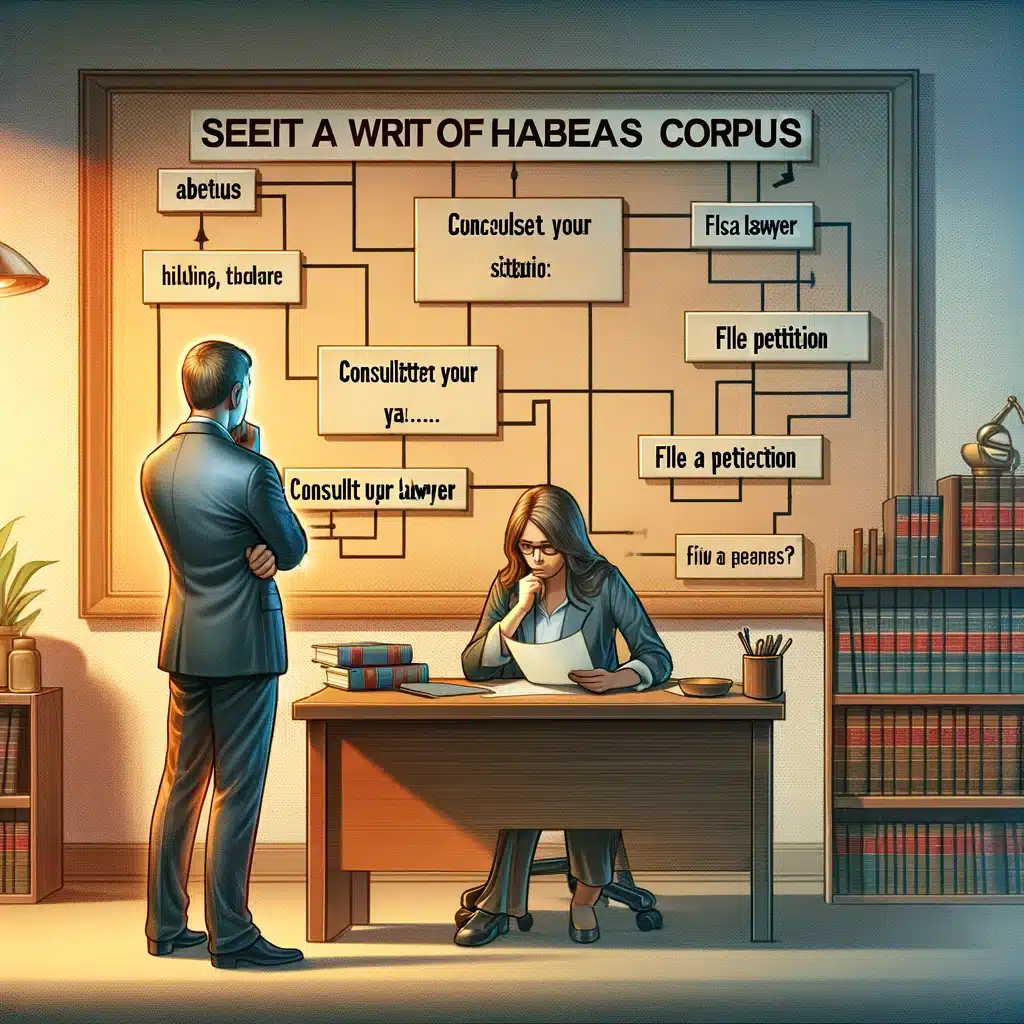Lawyer's Function in Filing a Habeas Corpus Petition Explained
Lawyer's Function in Filing a Habeas Corpus Petition Explained
Blog Article
Understanding the Function of a Post-Conviction Legal Representative in Looking For Justice After a Criminal Conviction
In the complicated landscape of post-conviction lawful proceedings, the function of a post-conviction attorney is pivotal in browsing the path to justice after a criminal sentence - louisiana federal habeas corpus attorneys. As the pursuit of justice prolongs past the confines of initial proceedings, the role of a post-conviction lawyer arises as a beacon of hope for those looking for to fix injustices and recover their civil liberties within the lawful system.
Post-Conviction Attorney's Investigatory Job
Post-conviction attorneys participate in thorough investigative job to discover new evidence, procedural errors, or misconduct that could potentially bring about rescinding a sentence. This investigatory stage is important in the post-conviction process as it aims to recognize any type of neglected details or legal bad moves that may have impacted the result of the first trial. Post-conviction attorneys look into case documents, witness statements, and legal documents with a fine-tooth comb, searching for any kind of inconsistencies or irregularities that could be grounds for charm.
With extensive investigation, post-conviction legal representatives intend to lose light on possible injustices that may have happened during the original test. By looking at every facet of the legal process, post-conviction lawyers work tirelessly to uncover any kind of factors that might have affected the judgment.
Crafting Appeals and Petitions
In the quest of justice after a sentence, experienced legal representatives carefully craft appeals and petitions to present engaging disagreements for the reconsideration of lawful choices. Crafting charms and applications calls for a deep understanding of the lawful system, focus to detail, and calculated reasoning. Post-conviction lawyers evaluate test records, recognize possible errors or violations of legal rights, and establish legal arguments to challenge the conviction or sentence.
When crafting an appeal, lawyers concentrate on highlighting lawful errors that may have influenced the outcome of the situation. They investigate instance law, statutes, and lawful precedents to support their disagreements. Applications, on the various other hand, may entail presenting new proof that was not offered during the test or demonstrating modifications in the law that require an evaluation of the sentence.
Moreover, post-conviction lawyers have to abide by rigorous procedural rules and deadlines when filing charms and applications. They must present their arguments plainly and persuasively to encourage the court to grant alleviation to their clients. Through precise crafting of allures and requests, post-conviction lawyers make every effort to secure justice for people that have been wrongfully founded guilty or unjustly punished.

Pursuing Post-Conviction Relief
Post-conviction alleviation encompasses an array of lawful mechanisms developed to test the credibility of a sentence or sentence. Post-conviction attorneys play an important function in browsing these complex procedures, guaranteeing that all legal alternatives are checked out to fix injustices that may have occurred throughout the trial or sentencing stage.
One usual kind of post-conviction alleviation is filing a petition for post-conviction relief, normally based on claims of inadequate help of guidance, prosecutorial misbehavior, recently uncovered proof, or constitutional offenses. Experienced post-conviction legal representatives possess the abilities and knowledge essential to identify practical lawful insurance claims, conduct examinations, and existing compelling debates to safeguard alleviation for their customers.
Making Use Of Forensic Evidence
When challenging a sentence or sentence, the strategic utilization of forensic proof can be an effective device in post-conviction legal process. Forensic evidence incorporates a vast array of clinical techniques made use of to examine crimes and establish truths in court. Post-conviction attorneys can take advantage of forensic proof to test the credibility of sentences by providing new clinical findings that were not offered throughout the initial test.

Participating In Sentence Adjustments
Post-conviction legal representatives might explore the possibility of sentence modifications as a legal method to address out of proportion or unjustified sentences bied far in criminal cases. Sentence adjustments entail looking for changes to the terms of a defendant's sentence after a conviction has actually taken location. These modifications can consist of decreasing the size of a sentence, changing the type of penalty imposed, or checking out alternate sentencing alternatives.
Post-conviction attorneys can go after sentence modifications with different lawful mechanisms, such as submitting motions for sentence reduction, appealing for thoughtful release, or bargaining plea bargains for reduced sentences. They have to very carefully examine the conditions of the case, assess the lawful grounds for looking for a modification, and existing engaging disagreements to the court supporting the requirement for a modified sentence.
Taking part in sentence alterations requires a complete understanding of criminal legislation, sentencing standards, and the particular procedures involved in look at this web-site looking for post-conviction alleviation. Post-conviction legal representatives play a vital function in advocating for reasonable and just outcomes by difficult sentences that are unduly rough or do not line up with the principles of justice.
Conclusion
In final thought, the duty of a post-conviction lawyer is essential in seeking justice after a criminal sentence. With investigative job, crafting allures and applications, going after post-conviction relief, utilizing forensic evidence, and engaging in sentence modifications, these lawyers play a vital function in advocating for their clients and guaranteeing that their rights are supported within the criminal justice system. Their dedication and competence are crucial in browsing the complexities of post-conviction process and accomplishing a reasonable result for individuals facing criminal sentences.
Report this page